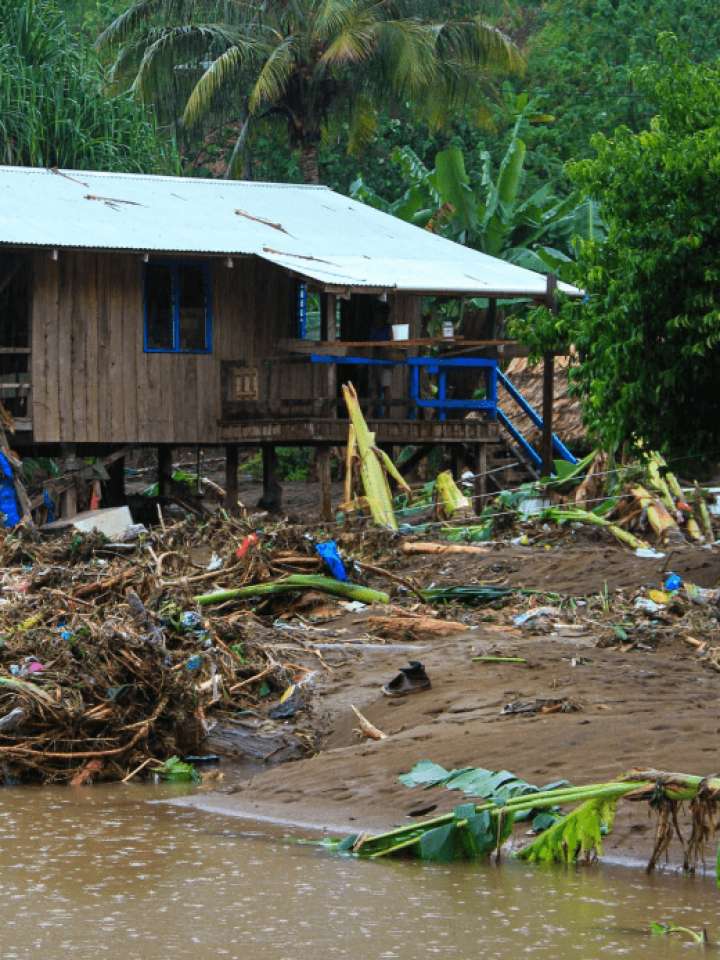Local insights into social resilience and climate change in Solomon Islands
This research paper is the first guidance note in the World Bank’s Social Dimensions of Climate Change: Pacific Series. The notes in this series synthesize the results from primary research carried out in Solomon Islands in 2021. The analysis provides insights into the key factors necessary for building and sustaining social resilience and community-based adaptation that are grounded in local strengths, cultural norms, and institutions.
The results of this research provide insights into the perspectives and experiences of affected communities with respect to climate change and identify underlying factors that could influence communities’ resilience. The principal findings of the research are:
- First, repeated climate-related shocks are exhausting the social resilience of communities.
- Second, other sources of vulnerability and stressors, such as poverty, hardship, livelihoods, education, health and gender relations, can interact with and/ or amplify climate risks.
- Third, attempts to build the social resilience of communities to the impacts of climate change in the Pacific have had mixed results.
- Fourth, building resilience should not be limited to protecting communities impacted by climate change and focusing on the physical aspects of infrastructure development. Investments in social inclusion and human capital development are also essential to building resilience.
- Finally, to effectivlely tackle broader systemic and structural challenges, the policy response to support social resilience, therefore, should be state-led, multisectoral and appropriately calibrated to the local context.
Explore further
